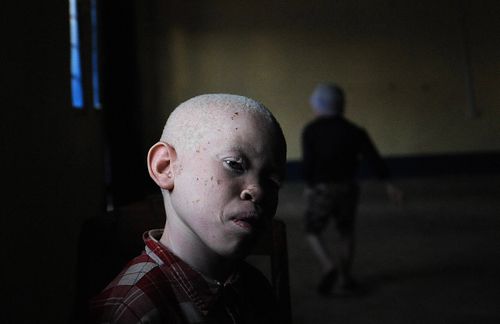Yglesias opines:
I know some liberals who are excited about the prospect of a joke candidate like Sarah Palin or Dick Cheney getting the GOP nomination in 2012. Not me. The basic fact of the matter is that power tends to alternate between the two political parties. Ultimately, the nation’s interests require both parties to nominate the best people possible. So I hope the Republicans find someone who’s very smart and compelling and does an excellent job of identifying and explaining the flaws in Barack Obama’s approach. Cheney couldn’t possibly win a presidential election…unless somehow he could, in which case the country would be set for a world of pain.
Palin, as Sam Tanenhaus ably demonstrates in his review of "Going Rogue," is not a joke candidate. Neither is Cheney.
They represent a real populist and authoritarian option for a declining power. In the face of a bewilderingly changing world, they stand for white America, the extension of its power across the globe, the elevation of torture as a core American value, the permanent Israeli occupation of the West Bank, and American occupation of client states like Iraq and Afghanistan. They represent a contempt for addressing climate change, and an indifference to debt – both Palin and Cheney have records of appalling fiscal profligacy. They also represent religious fundamentalism as the core Republican political philosophy. Cheney supports a party that would strip his own daughter – and has stripped his own daughter – of basic civil rights. Palin would criminalize all abortion.
The appeal of populist simplicity in complicated, demoralizing times is real and eternal. Obama has not in office been able to muster a scintilla of popular energy the way this rump right has. In fact, his moderate conservative governance has defused the energy of his campaign in ways that remain quite stunning. In this emotional game, the far right has the advantage of "us" vs "them." There are no real solutions to deep problems – no actual spending cuts proposed, nothing but the use of force abroad, nothing in energy policy but more carbon exploration, no immigration policy that isn't obsessed with resisting any sort of amnesty, and on and on.
One imagines that the American people – when they have to decide on a president who will actually have to govern – will turn away from a Palin. But that such a farce remains the most powerful figure on the right should sober anyone with complacency.
We live in a fundamentalist age. And there is only one fundamentalist party. Unless it is beaten repeatedly at the polls, it will at some point govern again.

